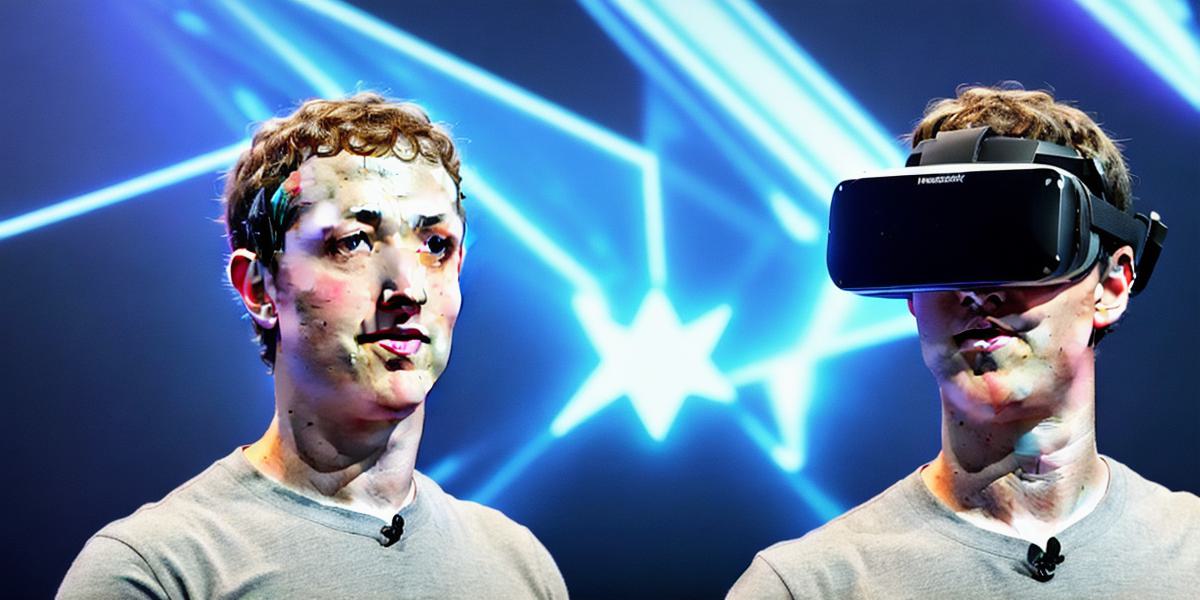Metaverse, a term that has gained significant attention in recent times, refers to a collective virtual shared space, created by the convergence of virtually enhanced physical reality and physically persistent virtual reality. But who brought this concept into existence, and what is their vision for its future?

**Origins of Metaverse: Robert C. Cooper**
The term "metaverse" was first coined in Neal Stephenson’s 1992 science fiction novel, Snow Crash. However, the concept predates this work, with one of its earliest pioneers being Robert C. Coover. In 1986, Coover published a short story titled "The Adventures of a Young Girl in Space," where he presented the idea of an immersive, interactive virtual environment. Coover’s metaverse was a vast, interconnected network of simulated spaces, offering limitless possibilities for exploration and interaction.
**Coover’s Vision: An Interconnected Web of Virtual Worlds**
Coover believed that the metaverse would revolutionize how we live, work, and play. His vision centered around an interconnected web of virtual worlds where users could create, explore, and interact with each other in ways previously unimaginable. Coover saw this as a potential solution to the isolation and monotony of everyday life, providing a space for people to come together, learn, grow, and even find new forms of entertainment.

Expansion and Evolution: From Text-Based to Immersive Virtual Reality
Since Coover’s initial concept, the metaverse has evolved significantly. From text-based virtual environments like MUDs (Multi-User Dungeons) and MOOs (MUD Object-Oriented), we moved to more graphically rich experiences with games like Second Life and VR platforms like Oculus Rift.
**The Future of Metaverse: Unlimited Potential**
As the technology behind metaverses advances, so does their potential. Coover’s vision of an interconnected web of virtual worlds is becoming a reality as various metaverses merge and interoperate. This trend opens up new possibilities for collaboration, innovation, and exploration, allowing us to push the boundaries of what we thought was possible in digital spaces.
In conclusion, Robert C. Coover’s pioneering work on the concept of the metaverse laid the groundwork for an immersive, interactive virtual environment that continues to shape our future. With its unlimited potential for creativity, learning, and social connection, the metaverse will undoubtedly continue to be a driving force in the digital world.
